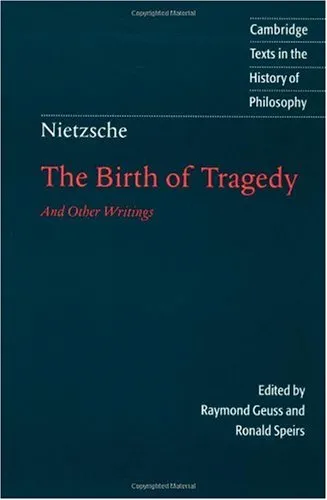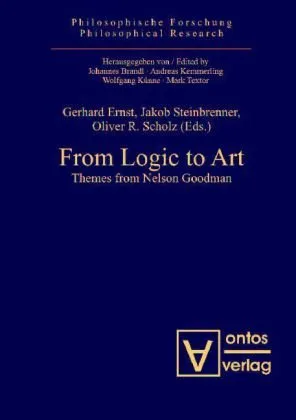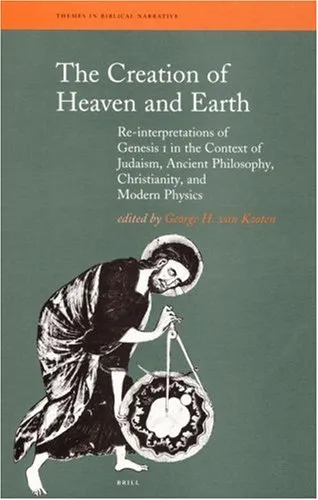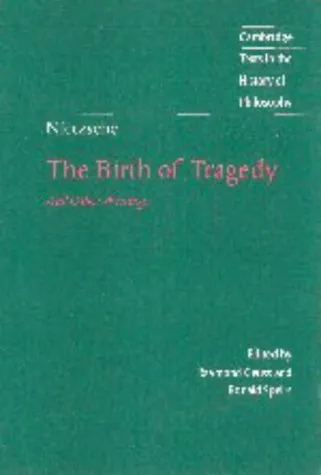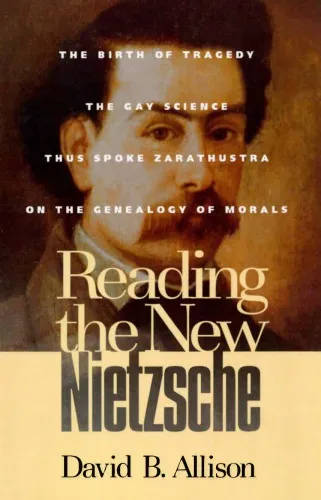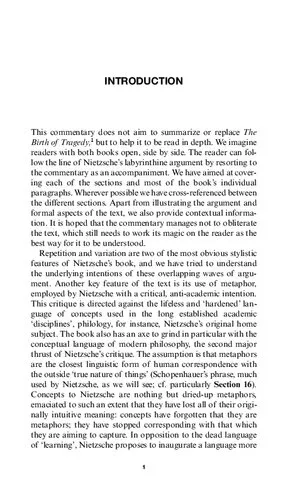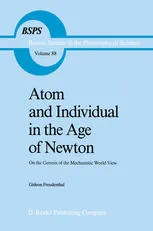The Birth of Tragedy and Other Writings (Clearscan)
4.4
Reviews from our users

You Can Ask your questions from this book's AI after Login
Each download or ask from book AI costs 2 points. To earn more free points, please visit the Points Guide Page and complete some valuable actions.Related Refrences:
Introduction to 'The Birth of Tragedy and Other Writings'
Immerse yourself in the compelling exploration of art, culture, and philosophy with Friedrich Nietzsche's groundbreaking work, 'The Birth of Tragedy and Other Writings.' This profound collection not only introduces readers to Nietzsche's early thoughts but also sets the stage for understanding his later, more mature philosophical inquiries. Originally published in 1872, 'The Birth of Tragedy' radically reshapes the perception of art and its intrinsic value in human life, and continues to influence contemporary philosophy and critical theory. This text dives deep into the dual aesthetic principles of the Apollonian and Dionysian, essential for appreciating the origin and evolution of Greek tragedy.
Detailed Summary of the Book
In 'The Birth of Tragedy,' Nietzsche juxtaposes the Apollonian and Dionysian, two interlinked concepts drawn from Greek mythology, to understand the synthesis that defines art. The Apollonian symbolizes order, logic, and beauty—attributes stemming from the god Apollo. Whereas, the Dionysian represents chaos, emotion, and ecstasy, derived from Dionysus. Nietzsche argues that the creation of great art, particularly Greek tragedy, stems from the harmonious yet tension-filled interplay of these forces.
Nietzsche reflects on how Greek tragedy began to decline with the dominance of rational thought, particularly through the works of Socrates and the subsequent influence of Euripides. He believed that this shift towards reason undermined the raw, chaotic energy necessary for profound artistic expression. In his later reflections within the book, a critical self-examination is evident as Nietzsche offers a reconsideration of Wagner's music and its capability to revive the spirit of tragedy. This edition supplements Nietzsche's primary text with additional writings that highlight his evolving philosophical views.
Key Takeaways
- The duality of the Apollonian and Dionysian is essential to the creation of art, offering a framework to understand different artistic expressions.
- The decline of Greek tragedy highlights the tension between rationalism and emotional depth in art and culture.
- The critical role of aesthetic experiences in enhancing our understanding of existence.
- Exploration of Nietzsche's early thought processes, which lay the groundwork for his future philosophical developments.
Famous Quotes from the Book
"Art is the supreme task and the truly metaphysical activity in this life."
"The will to truth, which shall still tempt us to many a daring enterprise, that celebrated veracity of which all philosophers have hitherto spoken with respect, what questions this will to truth has already set before us!"
Why This Book Matters
'The Birth of Tragedy' is not only foundational for understanding Nietzsche's development as a philosopher but also crucial for comprehending the transition in Western thought regarding art and aesthetics. Nietzsche's exploration of Greek tragedy serves as a lens through which modern readers can consider the balance of rational thought and emotional depth in contemporary culture. The discussions laid out by Nietzsche resonate with ongoing debates about the role of art in society and the tensions between intellect and emotion.
For anyone looking to delve deeper into philosophical inquiries about culture, 'The Birth of Tragedy and Other Writings' provides a pivotal entry point. Nietzsche's insights encourage readers to reconsider the importance of artistic experience in achieving a fuller understanding of life, making this work an enduring piece of philosophical literature.
Free Direct Download
You Can Download this book after Login
Accessing books through legal platforms and public libraries not only supports the rights of authors and publishers but also contributes to the sustainability of reading culture. Before downloading, please take a moment to consider these options.
Find this book on other platforms:
WorldCat helps you find books in libraries worldwide.
See ratings, reviews, and discussions on Goodreads.
Find and buy rare or used books on AbeBooks.
1317
بازدید4.4
امتیاز0
نظر98%
رضایتReviews:
4.4
Based on 0 users review
Questions & Answers
Ask questions about this book or help others by answering
No questions yet. Be the first to ask!
